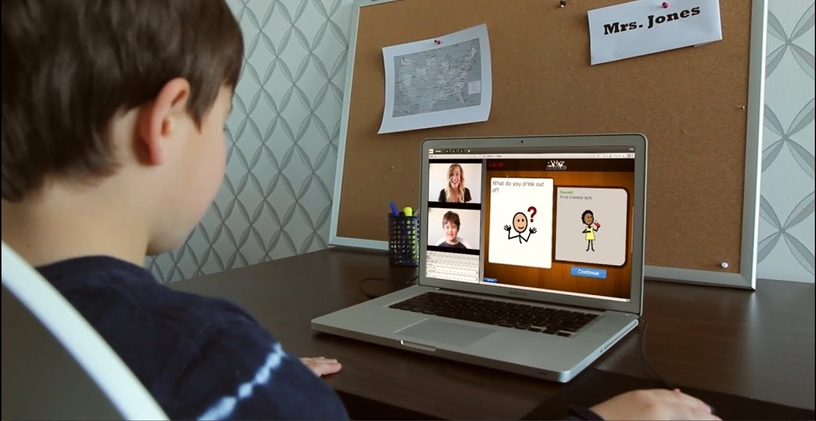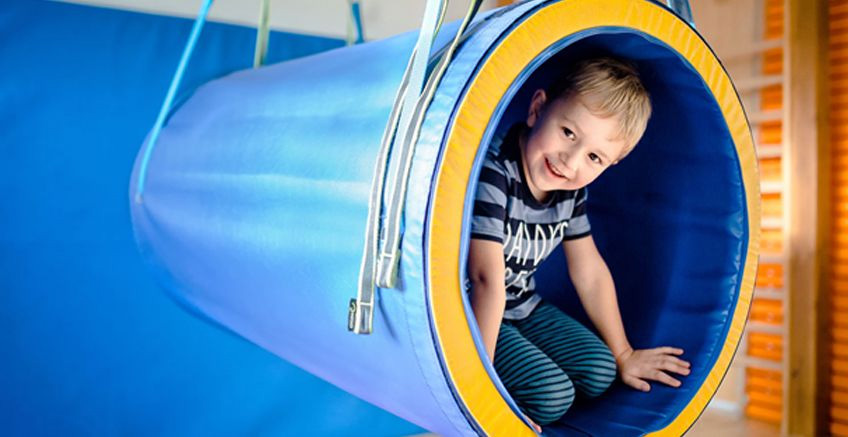What Is the Hardest Period of Parenthood?

At any age, children can give their parents a hard time. Parents in infancy; They face difficulties such as interruption of their sleep and continuous breastfeeding, cleaning, and comfort of the whining baby.
When the child is just starting to walk, parents have to cope with their stubborn child trying to solve and manage the world.
During the school years, academic and social difficulties arise, and parents try to find out how to support and guide their children while setting sensitive boundaries.
Related to academic and social difficulties in adolescence concerns are more intense and parents tries to stay in touch. At the same time, their children help them strike a balance between independence and responsibility they should be.
But, what period is the most difficult for parents?
When is parenting the most difficult?
The answer clearly is that different parents with different children and different varies widely for events. But; Suniya Luthar and Lucia Ciciolla, in a study with 200 mothers at Arizona State University, provided a single answer: On average, mothers with children in secondary school (12-14 years old); feel much worse than mothers with children in infancy, pre-school, primary school, high school, and adulthood. The rate of satisfaction with parenting for mothers who have children attending secondary school is much less than other mothers.
If we look at the results of the study in more detail;When children are in middle school, your motherhood is steady. It was found that the problems in the pattern reached the top. Mothers with children attending secondary school; They stated that they felt more stress, emptiness, loneliness, dissatisfaction with life, and the happiness given by inner satisfaction decreased. At the same time, they said that they looked at the behavior of their children in middle school in a less positive way.
In the study, it was found that the low parental satisfaction rates of parents with children who are in the secondary school period is not entirely due to their children’s adaptation problems or painful or rude behavior. It has been stated that there is more than that.
Why is adolescence so difficult for parents?
Not every child is challenging before or through puberty. Some children get through this period easily.
Developmentally, early adolescence is the years when the child is very focused on building an independent personality outside of his family. At the same time, they face the hormonal changes brought about by puberty. Many secondary school children have to learn to be in a larger school where there is a social hierarchy and more academic expectations.
Children at this age think they are constantly being judged; but often they are themselves highly critical of others. They tend to be very conscious of what is cool and what is not. They alternate between acting arrogant and feeling unsafe. They can be quite argumentative and sometimes even combative, but they can also be easily hurtful. When they are at home, they can be sullen and moody; But when they are with their friends, they are very excited and extroverted.
Having a child during adolescence can be challenging in part because the stressful situations of children also infect their parents.
This period is difficult because you may feel your distance from your young adolescent children. This can be very complex and painful, as your beloved child suddenly seems to be perceiving everything you do or say in the worst way. They are told to their parents and keep their charming side to others. As you try to catch the rapid changes in your child and figure out how to find the direction in this undiscovered parenting realm, you may feel as if you are looking for something in the dark.
How can parents deal with their middle school years?
The meaning of the difficulties faced by a parent with a child in secondary school; In this period, while providing care to their children, on the other hand, they should especially care for themselves. Here are the possibilities:
Develop your non-parent side
The truth is that the more independence your child in middle school demands, the more space you need to open up to do the same. Beyond your parenting role, growing interests and activities that can be enjoyed are highly rewarding, and this allows you to look at things as a whole. To pursue your hobbies; It can also improve your relationship with your secondary school child, as it allows you to talk to your child about something positive.
Seek support
Everyone needs a confidant. It is reassuring and comforting to hear that your friend is struggling with a similar parenting problem. On the other hand, middle and high school children hate being told about themselves to others. So be cautious about who and when you speak.
Minimize the power struggle between you and your child
At the end of the head-to-head struggles between parents and their teenagers, everyone loses. Keep your rules small. Say "Thank you" and "Please". Give reasons that make sense to your child. Try to strive to negotiate politely with your child and see things from your child’s perspective. As much as possible, try to say "yes" and agree on a common point with your child. Finding defects makes your adolescent child very uncomfortable. If you want to emphasize something, squeeze it into a single sentence, say it, and walk out of the room.
Wait
To yourself; Make reminders like "this is a term". If you wait and continue to connect with your junior high school kid, your relationship will improve drastically, perhaps as soon as your child reaches the age of 15. In the study of Luthar and Ciciolla; It was found that having a child in high school is easier than having a child in middle school, and having an adult child is the most satisfying period of parenthood. Little children are sweet; but having an older adolescent or adult child opens the door to deeper and more equal communication.
Forget
Don’t reveal your teen’s past mistakes. Young adolescents change very quickly. Someone completely different did what they did last month. Therefore, open a new page for your child every day. One of the most beautiful things we can do as parents is not to remember our children’s past mistakes and struggles. Instead of sticking to the past, this gives kids space to grow up and helps us to be open about embracing the new person our kids are.
Kaynakça
This article was written by Eileen Kennedy-Moore. You can find the original version here.







